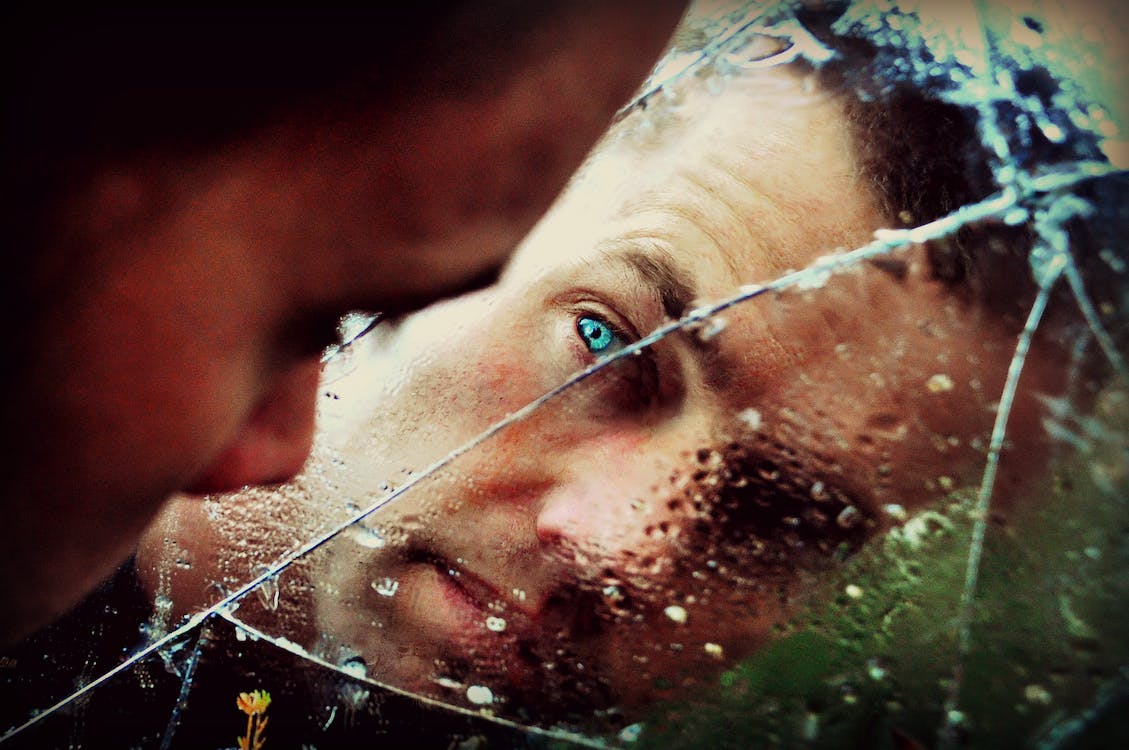When you’re determined to help a loved one through their battle with addiction, understanding the landscape of therapy becomes crucial. In South Africa, where a myriad of cultural, social, and economic factors intertwine, the challenge becomes multifaceted. A significant dimension to consider is the presence of co-occurring disorders in addiction therapy.
Understanding Co-occurring Disorders
As the term suggests, co-occurring disorders, also known as dual diagnoses, involve the presence of a mental health disorder alongside substance addiction. It’s not just about treating the addiction; it’s about addressing the underlying mental health challenges that might exacerbate, or even be the root cause of, substance abuse. The journey of recovery is undeniably unique for each individual, especially when navigating the complex terrain of co-occurring disorders.
The South African Context
The diverse backdrop of South Africa adds layers to the already intricate challenge of dual diagnoses. Mental health, deeply influenced by cultural perceptions, socio-economic status, and historical trauma, plays a pivotal role. As you seek help for your loved one, recognizing and respecting these nuances becomes paramount.
Changes Rehab Insights on Co-occurring Disorders
To provide clarity and guidance, here are some frequently asked questions answered by Changes Rehab:
- What are co-occurring disorders? Co-occurring disorders involve the simultaneous presence of a substance addiction and a mental health disorder, where each condition can intensify the symptoms of the other.
- How prevalent are co-occurring disorders in South Africa? They’re more common than many realize. Factors like societal pressures, historical trauma, and economic disparities can contribute to both addiction and mental health issues in South Africa.
- Why is it crucial to treat both conditions together? Addressing only one condition can leave the underlying causes of the other unattended, potentially leading to relapses or worsening of symptoms.
- How does Changes Rehab approach co-occurring disorders? Changes Rehab adopts a holistic, patient-centric approach, treating both the addiction and the accompanying mental health disorder to ensure comprehensive recovery.
- Are therapies tailored to individual needs? Absolutely. Understanding that each person’s journey is unique, Changes Rehab emphasizes individualized therapy plans.
- Do cultural nuances play a role in therapy at Changes Rehab? Yes, they consider cultural sensitivities, ensuring that therapy resonates with the individual’s unique background and experiences.
- How can families support their loved ones with co-occurring disorders? Education is key. By understanding the nature of co-occurring disorders, families can provide empathetic, informed support.
- What challenges do co-occurring disorders pose in the recovery journey? They can make diagnosis more complex and require integrated treatment plans. However, with the right support, recovery is achievable.
- How does Changes Rehab ensure the continuity of care for those with dual diagnoses? They offer follow-up programs, community engagement, and continuous support to ensure long-term recovery.
- Is there hope for individuals with co-occurring disorders in South Africa? With the right intervention, understanding, and support, there’s immense hope. Places like Changes Rehab are testament to the recovery stories that emerge even from the most complex scenarios.
Navigating Co-occurring Disorders In Addiction Therapy
| Aspect | Understanding Co-occurring Disorders | The South African Context | Insights from Changes Rehab |
|---|---|---|---|
| Definition | Simultaneous presence of a mental health disorder and substance addiction. | Not explicitly defined, but conditions influenced by cultural perceptions, socio-economic status, and historical trauma. | Defined as intertwined challenges that amplify each other. |
| Prevalence | Common globally. Often underdiagnosed. | Particularly common due to societal pressures, historical trauma, and economic disparities. | Acknowledged as a frequent challenge faced by many patients. |
| Treatment Approach | Requires integrated treatment for both conditions. | Must consider cultural sensitivities, socio-economic factors, and individual backgrounds. | Holistic, patient-centric approach addressing both addiction and mental health. |
| Role of Cultural Nuances | Not always considered in global context. | Pivotal due to South Africa’s diversity. | Emphasized and integrated into therapy plans. |
| Family Involvement | Encouraged for better recovery outcomes. | Families play a crucial role, influenced by cultural and societal norms. | Education for families to provide empathetic, informed support. |
| Challenges in Recovery | Complex diagnosis, possibility of relapse, longer treatment. | Added layers of cultural, socio-economic, and historical complexities. | Addressed with individualized plans, community engagement, and follow-up programs. |
| Outlook & Recovery Potential | With integrated treatment, positive recovery outcomes are achievable. | Depends on accessibility to informed care, understanding of cultural nuances. | Positive, with the right intervention and continuous support. |
In the intricate journey of addiction recovery, understanding and navigating co-occurring disorders is a pivotal step towards genuine healing. As you tread this path in the South African context, remember that the nation’s rich tapestry of cultures, histories, and experiences can both pose challenges and offer strength. Every individual’s story of recovery is unique, and the layers added by co-occurring disorders make this journey even more personal. But, with determination, understanding, and the right support, you and your loved ones can find a path to recovery that is both healing and empowering. South Africa, with its resilience and spirit, mirrors the journey many face: a history of challenges, yet an ever-burning hope for a brighter tomorrow. As Nelson Mandela wisely said, “It always seems impossible until it’s done.” Hold onto hope, seek the right guidance, and believe in the possibility of a brighter, healthier future.




